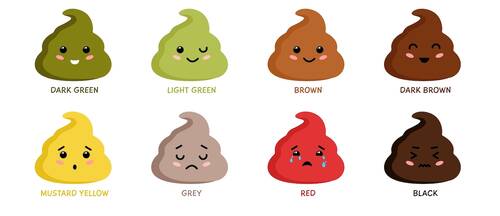Herpes is a common sexually transmitted infection (STI) caused by the herpes simple virus (HSV). It can be transmitted through vaginal, oral, and anal sex.
There are 2 strands of HSV:
- Herpes simplex-type 1 (HSV-1): this is most common in infants or children. It is spread through skin-to-skin contact with the infected person.
- Herpes simplex-type 2 (HSV-2): this is mostly acquired through sexual contact. It is more common in females, people with many sexual partners or people who have a weakened immune system
Signs and symptoms:
Most people infected with herpes aren’t aware they have it because they symptoms are so mild. The onset of symptoms can present 2 to 12 days following initial exposure. They may include:
- Pain or itching. This occurs a day or two before the presentation of blisters or sores
- Small blisters or sores. These are fluid-filled which can break open and ooze before healing by forming a scab or crust. They are found on the vagina, anus, penis, scrotum, or vulva and last 7-10 days.
- Pain when urinating. This can happen when swelling or sores blocks the urethra (the tube where urine passes)
- Unusual vaginal discharge. This can be described as “fishy” or similar pungent smells. This is due to the bacterial infection
- Cold sores (oral herpes). These are groups of tiny fluid-filled blisters. They occur in the same was as vaginal and anal herpes
- Burning when urinating. This commonly occurs if your urine touches the herpes sores.
Treatment of herpes:
Like all STD’s, the only way to find out if you have herpes is to get tested by a healthcare professional. The symptoms of herpes are similar to those of syphilis but they both require different treatment options.
It is generally diagnosed by a dermatologist who carries out a physical examination. They may take a swab and send it to the laboratory for additional confirmation. A blood test may be taken to ensure the infection has not spread inside of the body.
These is no cure of herpes as it often clears up by itself and does not have dangerous implications. A medical intervention may entail antiviral mediation (cream or ointments) to revieve the pain and discomfort of urination or sores.
At home treatments to relieve the symptoms of herpes can include taking a warm bath, wearing loose and breathable clothes, taking a over-the-counter pain reliever and keeping the infected area clean and dry.












